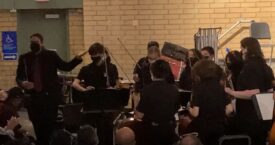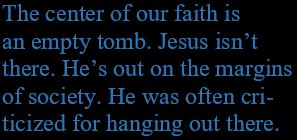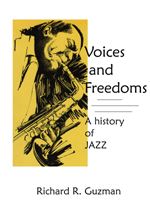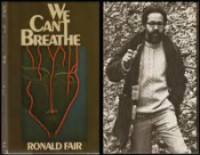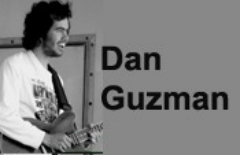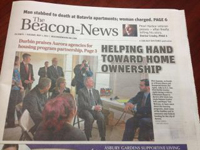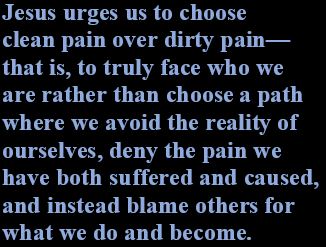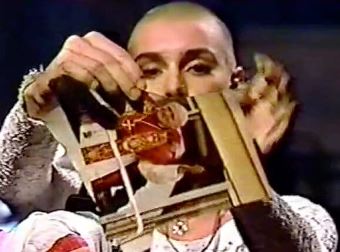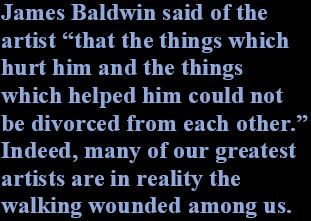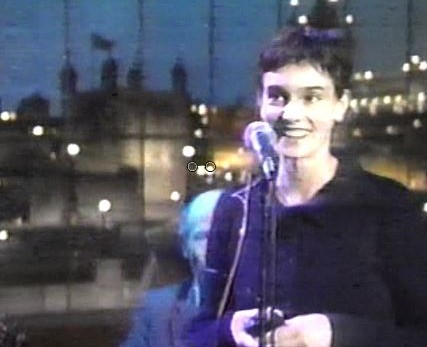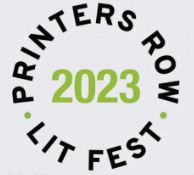 Come join us for the 38th Annual Printers Row Literary Festival in downtown Chicago this September 9th and 10th from 10 in the morning till 6 in the evening. Click the link just above for all the details, including a full list of the speakers, the events, the venues, the directions and more. (You can also access the complete schedule on this site Here.) It’s the largest, free literary festival in the Midwest. The events range from programs for children to readings and conversations with authors of poetry, fiction, and non-fiction, headlined by Toluse Olorunnipa and Robert Samuels, authors of His Name Is George Floyd: One Man’s Life and the Struggle for Racial Justice, winner of the 2023 Pulitzer Prize for Non-Fiction.
Come join us for the 38th Annual Printers Row Literary Festival in downtown Chicago this September 9th and 10th from 10 in the morning till 6 in the evening. Click the link just above for all the details, including a full list of the speakers, the events, the venues, the directions and more. (You can also access the complete schedule on this site Here.) It’s the largest, free literary festival in the Midwest. The events range from programs for children to readings and conversations with authors of poetry, fiction, and non-fiction, headlined by Toluse Olorunnipa and Robert Samuels, authors of His Name Is George Floyd: One Man’s Life and the Struggle for Racial Justice, winner of the 2023 Pulitzer Prize for Non-Fiction.
 On Saturday, the 9th, at 11:15 a.m. on the Feinberg Foundation Stage, the official Welcomes begin from Commissioner Erin Harkey, Dept. of Cultural Affairs & Special Events, Chicago Public Library Commissioner Chris Brown, Illinois Secretary of State Alexi Giannoulias, and Janice Feinberg of the Joseph & Bessie Feinberg Foundation. After that Toluse Olorunnipa and Robert Samuels take the stage for a conversation with WBEZ’s Natalie Moore about their Pulitzer Prize winning book. But the festival actually begins more than an hour earlier when, at 10 a.m. on Center Stage, Miss Chinatown 2023 Amy Xie will do a program for children, telling the story of “Chang’E and Houyi Goddess of the Moon.”
On Saturday, the 9th, at 11:15 a.m. on the Feinberg Foundation Stage, the official Welcomes begin from Commissioner Erin Harkey, Dept. of Cultural Affairs & Special Events, Chicago Public Library Commissioner Chris Brown, Illinois Secretary of State Alexi Giannoulias, and Janice Feinberg of the Joseph & Bessie Feinberg Foundation. After that Toluse Olorunnipa and Robert Samuels take the stage for a conversation with WBEZ’s Natalie Moore about their Pulitzer Prize winning book. But the festival actually begins more than an hour earlier when, at 10 a.m. on Center Stage, Miss Chinatown 2023 Amy Xie will do a program for children, telling the story of “Chang’E and Houyi Goddess of the Moon.”
 I’ll be there, too. On Sunday, the 10th, at 1:00 p.m. on the Feinberg Foundation stage I’ll be privileged to moderate a conversation between two literary greats, Ana Castillo and Reginald Gibbons. They’ll read from their latest work, Ana from her story collection Doña Cleanwell Leaves Home, and Reginald from his latest, Sweetbitter, his first novel. And afterwards we’ll talk about what’s kept them going through their long, illustrious literary careers. The program’s called “Going the Distance,” and I didn’t need to read very far into Ana Castillo’s latest book to find a possible place to start. The Prologue to Doña Cleanwell begins: “It starts with the journey; as ever, whether Quixote or Kerouac, you are in search of the Divine. In search of Light, we may find ourselves in a dark room, an abandoned building, on a long thorny road with no end.”
I’ll be there, too. On Sunday, the 10th, at 1:00 p.m. on the Feinberg Foundation stage I’ll be privileged to moderate a conversation between two literary greats, Ana Castillo and Reginald Gibbons. They’ll read from their latest work, Ana from her story collection Doña Cleanwell Leaves Home, and Reginald from his latest, Sweetbitter, his first novel. And afterwards we’ll talk about what’s kept them going through their long, illustrious literary careers. The program’s called “Going the Distance,” and I didn’t need to read very far into Ana Castillo’s latest book to find a possible place to start. The Prologue to Doña Cleanwell begins: “It starts with the journey; as ever, whether Quixote or Kerouac, you are in search of the Divine. In search of Light, we may find ourselves in a dark room, an abandoned building, on a long thorny road with no end.”
After hosting my session, Linda and I will take charge of the Chicago Literary Hall of Fame table from 4 to 6 p.m. Table? Yes, along with over 210 speakers and presenters, and some 75 events, there will be dozens and dozens of exhibitors lining both sides of Dearborn St. for a couple of blocks. Book sellers, literary organizations, shops, and some food vendors, too. It will be something to behold and remember for a long while.
♦ In addition to the Chicago Literary Hall of Fame website link above, check out many of the articles I’ve written for this site, starting with “The Chicago Literary Hall of Fame.” This article will soon be updated with links to all the articles I’ve written about the CLHOF and its various events. My friend Amy Danzer, current president of the Hall’s Board of Directors, is also the Director of Programming for the Printers Row Literary Festival.
